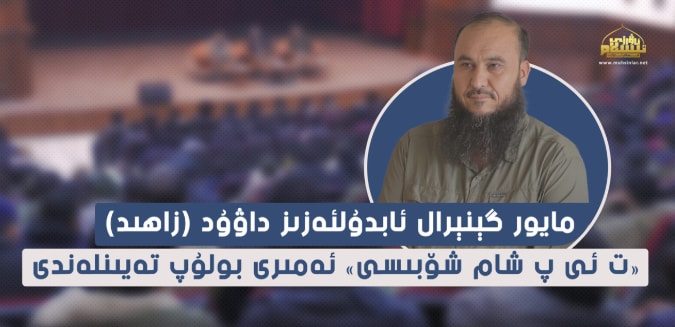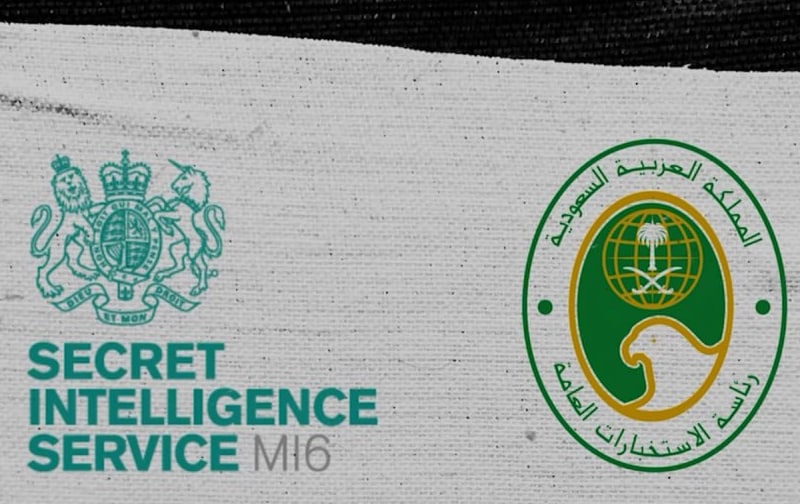The following report is a complimentary offering from MEMRI's Jihad and Terrorism Threat Monitor (JTTM). For JTTM subscription information, click here.
.jpg)
Days after capturing the city of Ramadi in Iraq, the Islamic State (ISIS) has released prisoners there and promised free medical care for the residents, some of whom considered these actions as attempts to win local hearts and minds.
According to the London-based Saudi daily Al-Sharq Al-Awsat, ISIS members used public address systems to urge those related to the prisoners to gather at the main mosque to be united with their relatives. Moreover, the daily reported that ISIS members used trucks to lift roadblocks and concrete walls placed there by government security forces before they fled the city.
"I think they are trying to win the sympathy of the people in Ramadi by giving them moments of peace and freedom. But we are sure that this situation is temporary and will not last long because the worst is yet to come and we will end up besieged in the middle of a firefight when the government and the public forces begin their offence to restore Al-Ramadi," said Ramadi resident Saeed Al-Dolaimi.
In the meantime, the ISIS Health Ministry issued a communique announcing the resumption of official hours of operation at Al-Ramadi hospital. In the communique, posted on Twitter under the Al-Anbar Province hashtag, ISIS promised to provide medical staff and free medical care to residents.
Source: Al-Sharq Al-Awsat (London), May 20, 2015.





